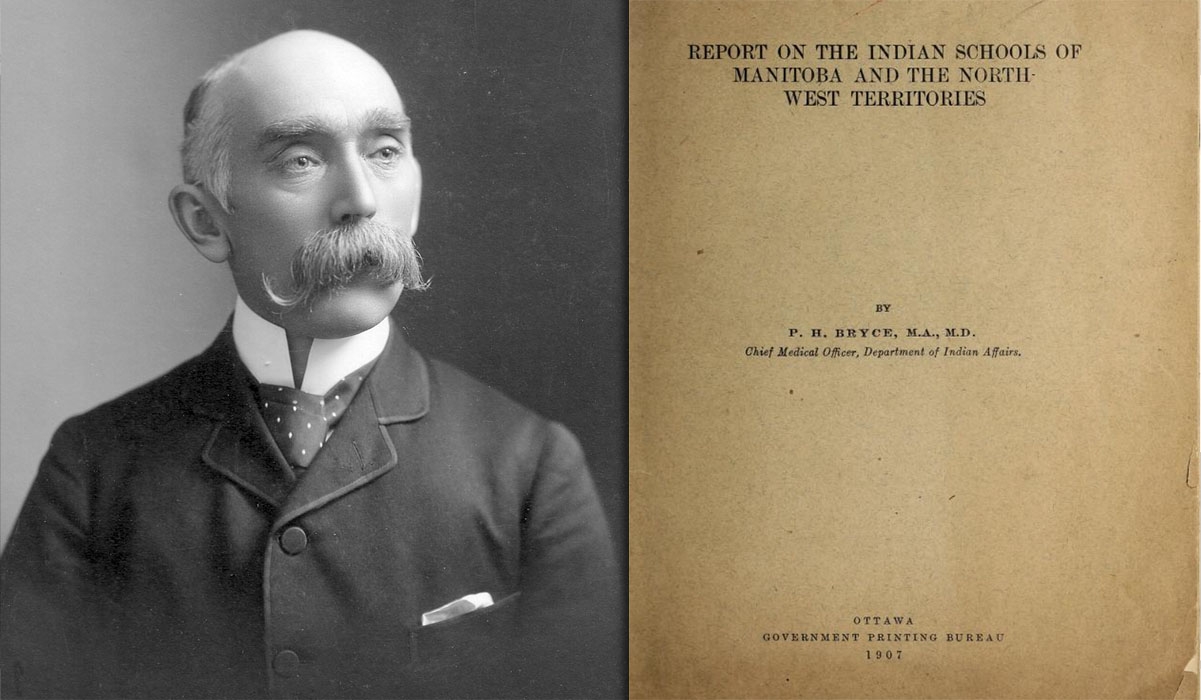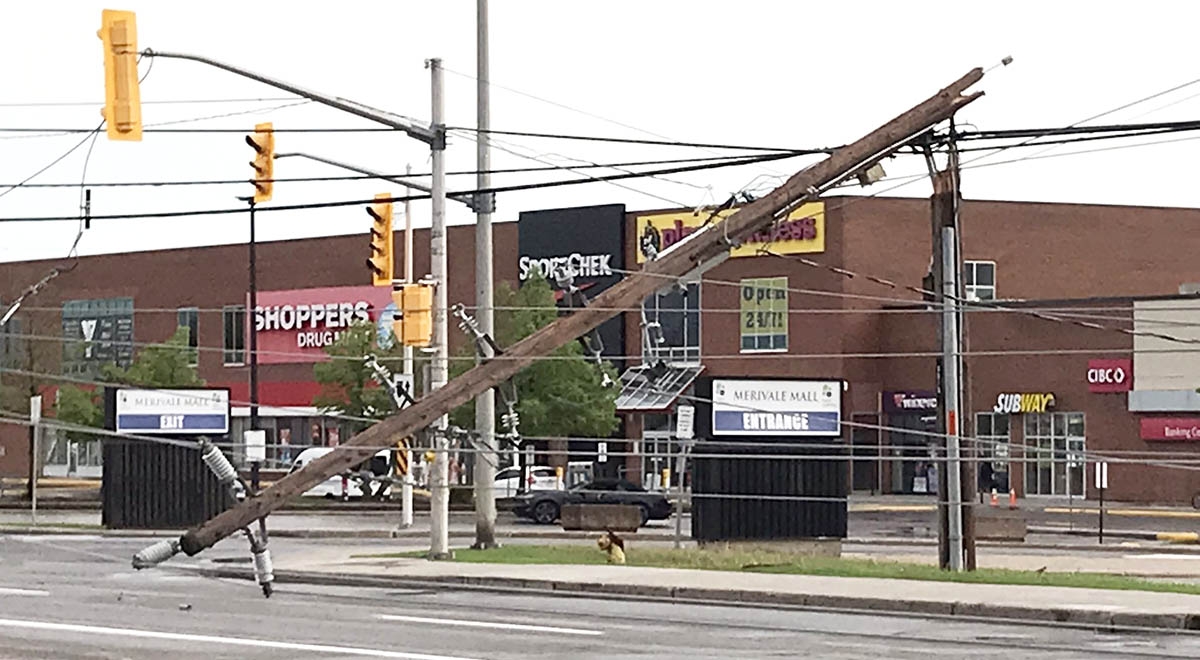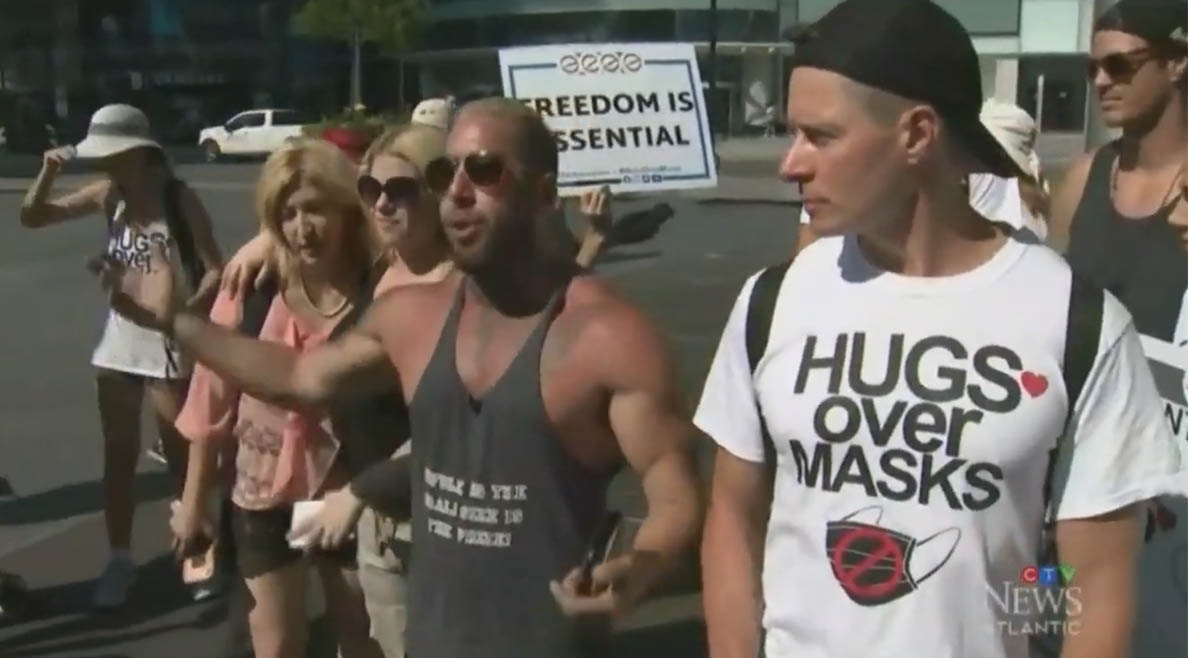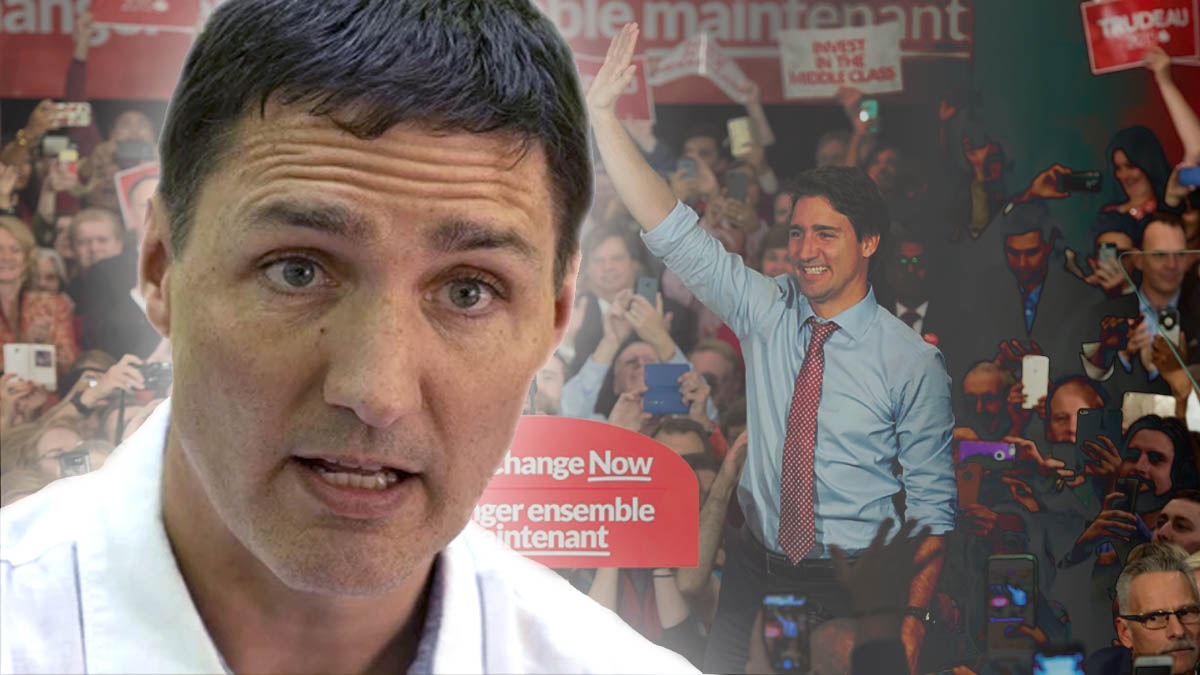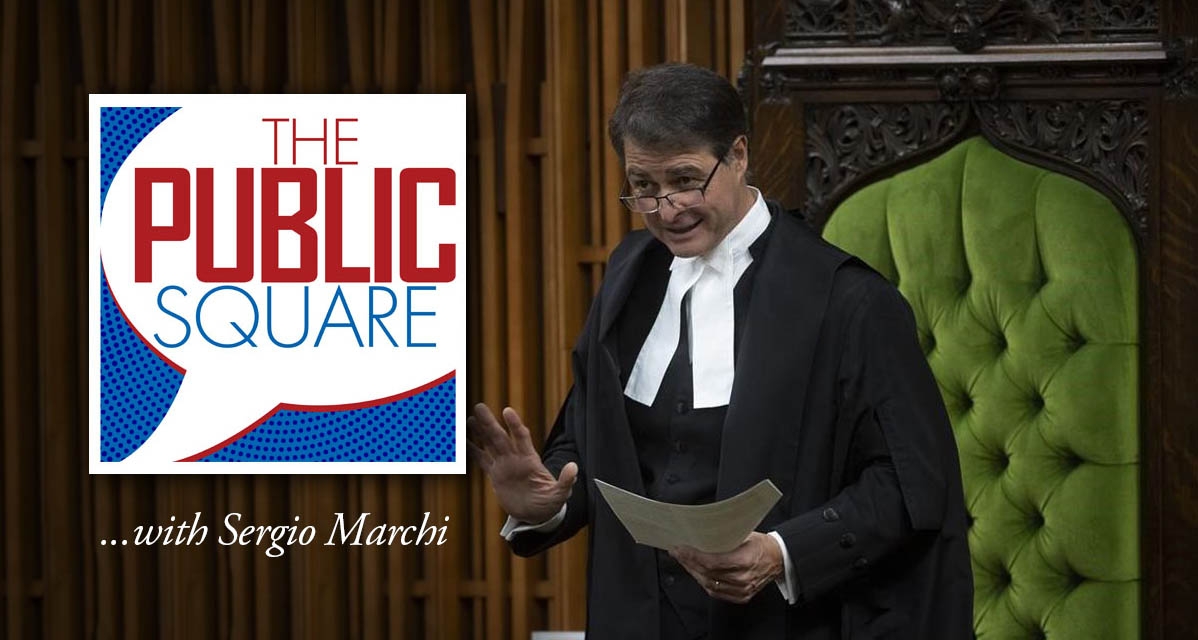
Speaker Anthony Rota: Back to keeping order
On the first day of the new 44th Parliament, Ontario MP Anthony Rota was re-elected Speaker of the House of Commons. His selection, however, was no surprise. During his first mandate in the Chair, Rota was seen as a fair and likeable ‘referee’. He carried out his responsibilities with credibility, and with the confidence from all sides of the House.
I caught up with Anthony recently…
Sergio Marchi: Anthony, belated congrats on winning another term. Tanti auguri!
Anthony Rota: Grazie. Thank you, Sergio. It’s a real honour to have been re-elected by my peers.
SM: Tell me, what was more exciting, being elected Speaker for the first time, or being re-elected?
AR: Both are special of course, but I believe that being re-elected was most important for me. It ratified the job that I was able to do during my first term. MP’s know what they are getting. Yes, the second time around is an even bigger honour.
SM: What moved you to seek this position in the first place?
AR: The position allows me to make a real difference in the Chamber of our democracy. I have chaired parliamentary committees, as well as the Ontario and National Liberal caucuses. But being in the Speaker’s chair is even more interesting, rewarding, and challenging at the same time. I have come to really enjoy the position.
SM: The last election introduced us to a new level of nastiness. Any ideas on how the House interactions can be made more civil?
AR: Yes, we saw some rather unpleasant exchanges and situations. I am conscious of this, so I will try to do things in my power that can ameliorate the environment.
For example, I have started to organize weekly dinners, with about 12-20 MP’s from all parties. And I place each MP next to someone from a different party. We discuss different issues, in a relaxing, easy-flowing way. It breaks the ice nicely, and it allows people to get to know one another a little better. Through this exchange, it opens the door to talking. More importantly, I hope that when they see each other in the House and in committees, that they will have a bit of a bond that can positively impact their interactions.
SM: What is different for you the second time around as Speaker?
AR: Not sure there is. I will continue to do the things I did before. I will employ the same style that I believe worked relatively well.
SM: In order to involve and engage more MP’s, do you think there should be more ‘take note’ debates on the major national and international issues of the day?
AR: That helps. Those debates, though, have to be initiated by the government. It helps because, in QP, both the Opposition and Government members only have about 35 seconds to make their case. That is not a lot of time, and certainly too brief to offer a proper explanation of the issue. We need therefore more opportunities for real discussion.
As well, as the Speaker, I control what constitutes an “emergency” debate. So when Opposition members ask for one, I reflect on the need and legitimacy of the request. And when it’s granted, then that adds additional scope for our MP’s.
SM: Do you miss being a ‘normal’ MP?
AR: Yes, sometimes I do. The inability, for example, to actually participate in a debate and state my views. But still, I think the advantages of being Speaker outweigh this shortcoming.
SM: What about moving QP to the morning, so it does not end up taking so much time during the morning and afternoon?
AR: Yes, this proposal has done the rounds before. But the respective House Leaders need to discuss and decide on this. This is not a matter that I, as Speaker, can initiate on my own.
SM: How did QP and debates work virtually, during the pandemic?
AR: I think they actually worked well. And that is because we put in place well-defined restraints and guidelines. Naturally, I would prefer that debates be in-person, but we must take into account the issue of the health and safety of MPs, and the staff and officials that help run parliament. But there is no doubt that democracy continues.
SM: Did your parents immigrate to Cda? When? What were the early years like?
AR: My father was born in Canada. His dad, my Nonno, came to this country in 1903. He was from the province of Cosenza, in the Calabria region of Italy. My mom also is from the same province and she immigrated to Canada in 1960. So, I was raised speaking Italian to my mom and English to my dad, which was great. As well, every second summer we would visit Italy. I grew up with a strong appreciation of Italian culture. We also ate very well!
SM: Speaking of eating well, what is your favourite dish? And do you like to cook?
AR: There are so many! My mom was a great cook and as I said, we ate so well. Now, my wife and I both like to dabble in the kitchen. I’d say that one of my favourite dishes is ossobuco.
SM: What do you like to do to unwind from the pressures of the House?
AR: These days, there is not much time to relax. I do like to ski and scuba-dive, but I have not done much of either recently. I am always on the go between my Speakership and working in the constituency. I do enjoy reading, and my wife and I try to get away for short periods, just to recharge the batteries. When we do, I have a deal with her that I can do my emails and phone calls for only one hour each day. The rest of the time is ours.
During my time in office, I have seen my share of Speakers. There were some good ones . . . and then there were some others. Anthony exudes calmness and decency. He reminds me of John Fraser, who was well admired and respected by all sides of the House.
Rota also has a deep respect for the traditions of the House of Commons and the rights of members. He is not prone to jumping into new initiatives that he believes will possibly raise the ire of backbenchers. As a result, he has a very good chance at keeping the peace and providing the environment for our elected leaders to have meaningful debates and enact legislation that will strengthen the fabric of Canada.

